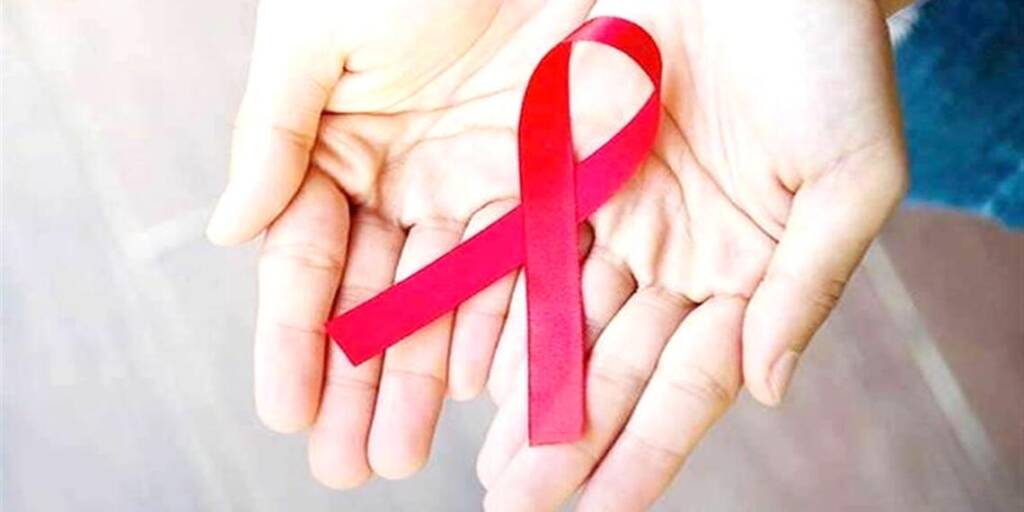In a landmark development in the global fight against HIV, the U.S. Food and Drug Administration (FDA) has approved Yeztugo (lenacapavir) — the world’s first twice-yearly injectable for HIV prevention. Developed by Gilead Sciences, the long-acting medication represents a revolutionary step forward for pre-exposure prophylaxis (PrEP) and could significantly simplify HIV prevention for millions at risk.
A New Era in HIV Prevention
Yeztugo introduces a new class of HIV medication known as capsid inhibitors, which target the protein shell that HIV uses to replicate. Unlike current oral PrEP options that must be taken daily or every two months, Yeztugo requires only two subcutaneous injections per year, offering a more convenient and discreet alternative.
“This is a potential game-changer,” said Dr. Monica Shah, a leading infectious disease expert. “It’s a major leap forward, especially for communities where adherence to daily medication is a challenge.”
Groundbreaking Clinical Results
The FDA’s approval follows the results of two pivotal Phase 3 trials, PURPOSE 1 and PURPOSE 2, which evaluated lenacapavir’s safety and efficacy across diverse populations.
-
Among cisgender women in Africa, there were zero HIV infections during the trial period.
-
For men who have sex with men and gender-diverse individuals, Yeztugo demonstrated near 100% efficacy, significantly outperforming traditional PrEP options.
-
Compared to Truvada, one of the most commonly used daily PrEP pills, Yeztugo reduced the risk of infection by 96–99.9% depending on the demographic group.
Access and Affordability Concerns
Despite widespread excitement about its medical potential, Yeztugo’s estimated U.S. price tag of $28,000 per year has raised concerns about accessibility. While Gilead has promised insurance coverage and patient assistance programs, critics argue that cost remains a barrier for many.
Globally, Gilead has pledged to offer royalty-free licenses for generic production in over 120 low-income countries. However, advocacy groups point out that many middle-income nations, where HIV rates are still high, are excluded from the deal.
Independent analyses suggest lenacapavir could be manufactured for just $25–$40 per patient annually, fueling calls for more inclusive and affordable distribution strategies.
Market Outlook and Global Reach
With U.S. sales expected to exceed $1.6 billion by 2028, Yeztugo is projected to become a major player in the HIV prevention market, alongside established options like Descovy (daily oral) and Apretude (bimonthly injection). Gilead is also pursuing regulatory approval in Europe and other regions, aiming for a rapid international rollout.
A Turning Point in the HIV Epidemic?
While the world still awaits a universal HIV vaccine, the approval of long-acting options like Yeztugo brings the global health community closer to ending new HIV infections — but only if equitable access is achieved.
“The approval of lenacapavir is a monumental scientific achievement,” said Dr. Shah. “But to truly change the course of the HIV epidemic, we must ensure that those who need it most can actually get it.”
As global health leaders celebrate this milestone, the focus now shifts to implementation, affordability, and education — the pillars that will determine whether this breakthrough fulfills its promise to transform lives worldwide.
